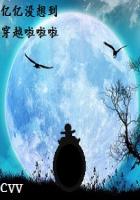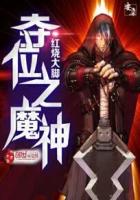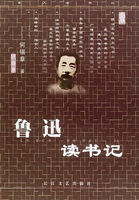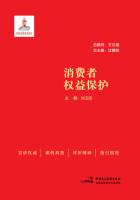The question of Negro suffrage was not a live issue in the South until the middle of 1866.There was almost no talk about it among the Negroes; they did not know what it was.President Lincoln in 1864 and President Johnson in 1865had merely mentioned the subject, though Chief Justice Chase and prominent radical members of Congress, as well as numerous abolitionists, had framed a Negro suffrage platform.But the Southern whites, considering the matter an impossibility, gave it little consideration.There was, however, both North and South, a tendency to see a connection between the freedom of the Negroes and their political rights and thus to confuse civil equality with political and social privileges.But the great masses of the whites were solidly opposed to the recognition of Negro equality in any form.The poorer whites, especially the "Unionists" who hoped to develop an opposition party, were angered by any discussion of the subject.An Alabama "Unionist," M.J.
Saffold, later prominent as a radical politician, declared to the Joint Committee on Reconstruction: "If you compel us to carry through universal suffrage of colored, men...it will prove quite an *incubus upon us in the organization of a national union party of white men; it will furnish our opponents with a very effective weapon of offense against us."There were, however, some Southern leaders of ability and standing who, by 1866, were willing to consider Negro suffrage.These men, among them General Wade Hampton of South Carolina and Governor Robert Patton of Alabama, were of the slaveholding class, and they fully counted on being able to control the Negro's vote by methods similar to those actually put in force a quarter of a century later.The Negroes were not as yet politically organized were not even interested in politics, and the master class might reasonably hope to regain control of them.Whitelaw Reid published an interview with one of the Hamptons which describes the situation exactly:
"A brother of General Wade Hampton, the South Carolina Hotspur, was on board.
He saw no great objection to Negro suffrage, so far as the whites were concerned; and for himself, South Carolinian and secessionist though he was, he was quite willing to accept it.He only dreaded its effect on the blacks themselves.Hitherto they had in the main, been modest and respectful, and mere freedom was not likely to spoil them.But the deference to them likely to be shown by partisans eager for their votes would have a tendency to uplift them and unbalance them.Beyond this, no harm would be done the South by Negro suffrage.The old owners would cast the votes of their people almost as absolutely and securely as they cast their own.If Northern men expected in this way to build up a northern party in the South, they were gravely mistaken.They would only be multiplying the power of the old and natural leaders of Southern politics by giving every vote to a former slave.
Heretofore such men had served their masters only in the fields; now they would do no less faithful service at the polls.If the North could stand it, the South could.For himself, he should make no special objection to Negro suffrage as one of the terms of reorganization, and if it came, he did not think the South would have much cause to regret it."To sum up the situation at this time: the Negro population at the close of the war constituted a tremendous problem for those in authority.The race was free, but without status, without leaders, without property, and without education.Probably a fourth of them had some experience in freedom before the Confederate armies surrendered, and the servitude of the other three millions ended very quickly and without violence.But in the Black Belt, where the bulk of the black population was to be found, the labor system was broken up, and for several months the bewildered freedmen wandered about or remained at home under conditions which were bad for health, morals, and thrift.The Northern Negroes did not furnish the expected leadership for the race, and the more capable men in the South showed a tendency to go North.The unsettled state of the Negroes and their expectation of receiving a part of the property of the whites kept the latter uneasy and furnished the occasion of frequent conflicts.Not the least of the unsettling influences at work upon the Negro population were the colored troops and the agitators furnished by the Freedmen's Bureau, the missions, and the Bureau schools.But at the beginning of the year 1866, the situation appeared to be clearing, and the social and economic revolution seemed on the way to a quieter ending than might have been expected.















